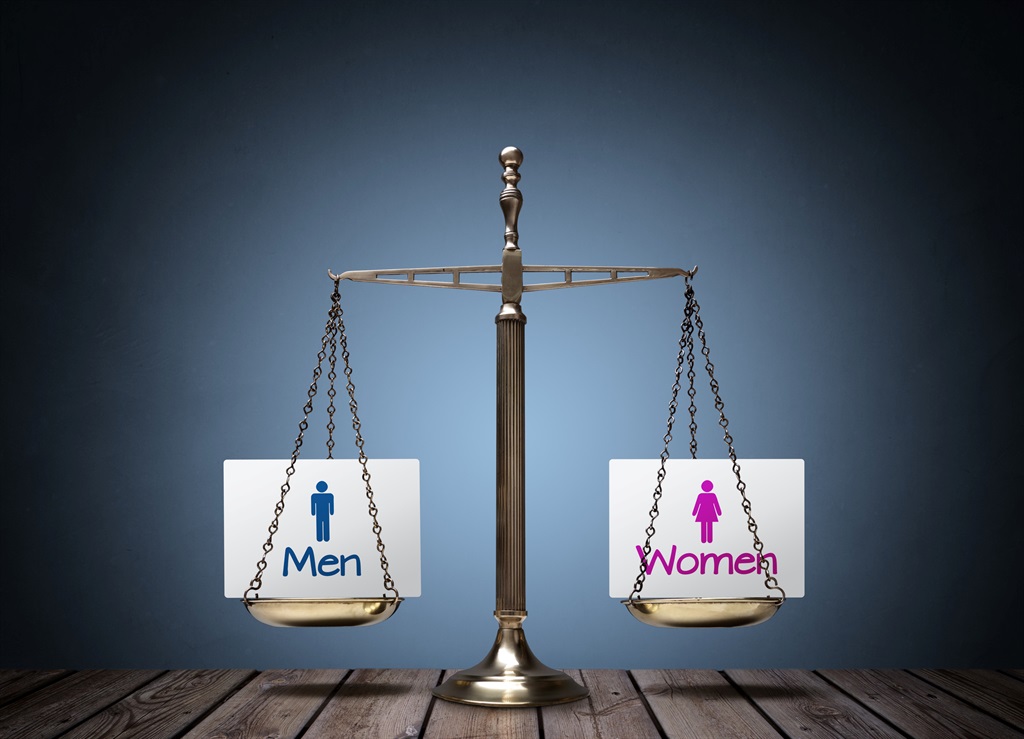
Equality isn’t “simply a favour towards women” but it makes economic sense.
“Equality is good for the economy, good for the community and good for our daughters. Having an equal society isn’t simply a favour towards women, and we need to have men alongside us fighting for equality,” founder and executive chairperson of the Mbekani Group, Dr Judy Dlamini, told a forum gathering at the Gordon Institute of Business Science.
While people assume gender is a women’s issue, men still lead in every sector of society, she explained.
“We need to have these conversations with men. If we are to have change, we need men, and to understand the psyche of the men who believe in us.”
Dion Shango, chief executive of professional services firm PwC Southern Africa said one of the reasons for a lack of gender transformation in South Africa was because gender diversity and advancement had been made a women’s problem.
“Leaving women outside the boardroom is like leaving money on the table. We are only using 50% of our potential. South Africa has enabling legislation, but we can’t rest on our laurels; we have to work harder,” he said.
Phuti Mahanyele, executive chairperson of Sigma Capital said the number of women in senior leadership positions remains “discouragingly low. The only way we can change this is if each and every one of us is willing to change,” she said.
Dlamini’s book Equal but Different, based on research conducted for her doctorate in business leadership, investigates the intersection of race, gender and social class in the career progression of women chief executives.
A qualified medical doctor and former chairperson of Aspen Pharmacare, Dlamini spoke of her upbringing in Westville, Durban during apartheid and how it shaped her attitudes and outlook.
“Dignity and belief in myself was ingrained at young age by my parents. I believed I could be more, and I channelled my anger to invest in myself, as I knew I had it in me to be whatever I wanted to.”
She explained how the concept of equal, but different, became central to her belief: “Equal is the core of the message. You can’t start with the basis that we are different as then you have already lost.”
Women leaders as mentors and role models
Professor Stella Nkomo, strategic professor in the faculty of economic and management sciences at the University of Pretoria said even though women have a difficult climb to reach the top positions in organisations, they can make it, and can be effective leaders: “Women can be as effective as male leaders. We must just get over that stereotype.”
Nkomo emphasised the importance of mentors and role models in leadership positions for young women, and said Dlamini’s book sent an important message about who can be a leader. “The book gives young women a message of possibility that women can in fact be leaders.”
The concept of the Queen Bee syndrome, where women in positions of power inhibit the progress of other women, exists because of structural reasons, Nkomo explained.
“The more women who excel and perform, the more the stereotype of women not supporting others in a similar situation is destroyed. If you get a seat at the table, part of your job is to make more seats available. We must reach down as we climb up.”
Mahanyele said South Africa offered plentiful opportunities to help women in disadvantaged situations: “It is important for us to be the enablers. We have access to education, and women in positions of leadership must make the time to speak in schools and act as role models and mentors.”
Changing cultural norms
Dlamini explained that while men and women enter the corporate world with equal ambitions and aspirations, women quickly become despondent due to the subtle barriers to advancement they constantly face.
“This will only change when mindsets change and we have an inclusive culture,” she said.
“The same rules have been there for decades. Try to break some of them,” Shango said.
He believed in being smart about navigating challenges from within an organisation, with a more experienced mentor to act as a sponsor.
Dlamini’s advice to young women entering the workplace was to be aware of the rules of the game: “In any organisation you go into, there are certain rules. You have to be politically savvy and learn to navigate around the conventions. Be sure to deliver what is expected of you, but also to earn respect. Understand the dynamic, but never compromise or sell your soul.”
“Our mindset every day is a battle. If we have an inclusive culture everyone will be able to perform at their best,” she concluded.
• City Press is a media sponsor of the Gibs forums.




 Publications
Publications
 Partners
Partners








